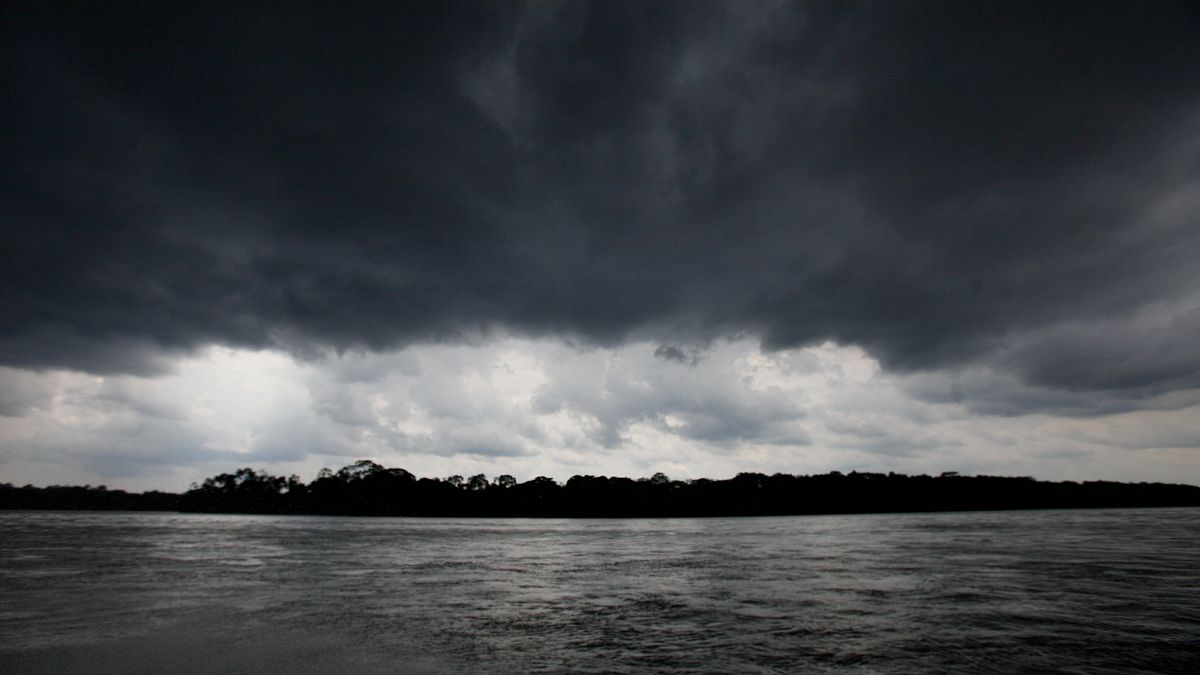

As we navigate an era characterized by significant environmental and political shifts, a recent wave of international developments serves as a reminder of the intricate balance between policy and natural phenomena. With thoughtful contemplation, we examine initiatives and challenges that are shaping our global landscape, from Ecuador’s legislative changes to climate concerns in Europe and the environmental impacts witnessed in Pakistan.
In Ecuador, a newly approved law has stirred conversation and legal reactions concerning the management of the nation’s protected areas. The legislation permits private entities to engage in the oversight of conservation zones, paving the way for potential innovation in environmental management practices. However, critics caution that this move could open pathways for landownership disputes and environmental degradation.
While debates continue, Ecuador’s approach embodies the complexity of harmonizing economic needs with ecological preservation, inviting diverse stakeholders to engage in constructive dialogue about sustainable development.
Turning our gaze to Europe, recent fire outbreaks in Greece highlight the relentless challenges posed by climate change. Yet, the effective response by firefighting teams demonstrates a heartening commitment to addressing such adversities with resilience and precision. Fires near Asprochori in Oropos and the island of Thassos have been largely contained, signifying a moment of reprieve in the face of nature’s unpredictability. This success underscores the importance of readiness and proactive measures in mitigating the impact of natural disasters.
Amid these local responses, broader discussions on climate policy continue to unfold on the world stage. EU Climate Commissioner Wopke Hoekstra has expressed concerns regarding the United States’ retreat from established climate commitments under former President Trump’s policies, which has potential ramifications for global climate efforts. As the European Union unrolls its ambitious plan to significantly cut emissions by 2040, this dialogue serves as a reminder of the interconnected and cooperative endeavor required to address climate issues. Holistic and inclusive solutions, supported by international collaboration, are critical in realizing these objectives.
Similarly, an intelligence report from the United Kingdom has brought to light persistent security threats emanating from Iran. The outlined incidents, including attempted murders and kidnappings, while concerning, are being met with determined vigilance and strategic planning to safeguard citizens and maintain national security. This awareness fosters a call for sustained peacekeeping efforts within an increasingly complex global context.
In Southeast Asia, accelerated glacial melt coupled with monsoon rains have given rise to severe flooding in Pakistan, echoing the devastating events of 2022. The resulting flash floods and landslides have unfortunately led to loss of life and considerable damage. This tragedy highlights the urgent call for effective climate resilience strategies and strengthened infrastructure to mitigate future risks.
Despite the challenges, these unfolding scenarios offer opportunities for introspection, concerted action, and innovation in addressing the multifaceted realities of our world. As communities, governments, and organizations continue to collaborate, a path toward sustainable progress and resilience against uncertainties emerges.
With hope and a commitment to positive change, these events remind us of our shared responsibility to foster a sustainable and secure future, reflecting on our collective capacity to navigate through adversity with foresight and compassion.
Source: {link}
